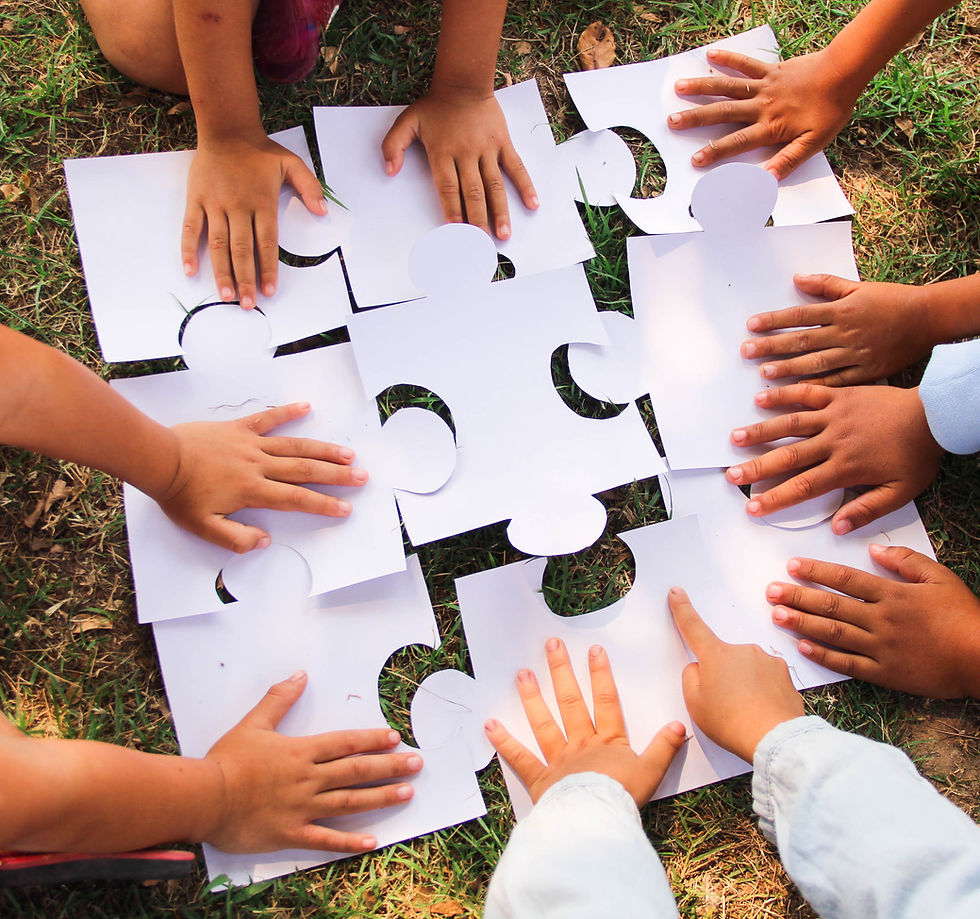School Shootings-5 Things We Can Do Now That We Should Have Done 15 Years Ago
- Nanci J Bradley
- Jun 10, 2018
- 3 min read

What makes a person violent? Poverty, neglect, violence in the home, genetics, violent video games, access to guns or weapons, too much TV, lack of empathy?

Certainly all of these factors play a big part in the development of violent tendencies. But I think we're missing something very important when we focus on what to remove from the lives of children in order to help them develop positive morals and a conscience.
We also need to focus on what to add to their early training to help them learn to cope with adversity in an empowered and rational way. And we need to focus on this much earlier in their lives than we have in the past.
In Ghosts From The Nursery (1997 p. 146), Karr-Morse and Wiley suggest we focus on the period from 10-18 months to prevent violence since that's when the connections are made between the prefrontal cortex and the limbic systems.

During this time, the child's brain learns to modulate stress. As an early childhood and family educator with 40 years experience, I agree.
I deal with the early roots of violence on a daily basis. Most everyone knows that children of this very young age can't yet control their impulses. They will often hit, kick, bite and snatch things away as quickly as possible in order to get what they want. It's up to the adults in their lives to teach them communication, patience and negotiation skills.
According to prison psychiatrist and author of Violence, James Gilligan states, "all violence is an attempt to achieve justice". He's worked with hundreds of violent offenders over the years, he should know.
Due to their feelings of personal insignificance and worthlessness, offenders see violence as the only possible solution to their problem.

Violent offenders rarely feel heard. They treat other people as objects. They're emotionally dead to their own feelings. They haven't learned to communicate in a non-violent way so they use violence to become significant in a scary and unjust world.
So what could we possibly do to change this?
If we believe the research that says to start as early as possible, we can use proven methods to give all young children tools and strategies they can use to cope with their problems.
Strategy #1
Teach problem solving by example and intentionally. This takes time and it's a challenging thing to learn and to teach. As responsible adults we can admit and discuss our own mistakes and ways of coping since young children learn so directly by example.

Here's an article I wrote on creating peace
Strategy #2
Practice active listening and non-violent communication. Show young children that they are significant to you by taking the time to hear what they say without jumping in to judge or teach a moral lesson. Just be there to listen. Remember this... All feelings are OK, all actions are not. Here are resources I recommend on the subject:
Click on the photo for an article I wrote about listening and toddlers
Strategy #3
Encourage real learning by taking the time to teach children skills they need when they are developmentally ready to learn them. Smiling, laughing, playing peek a boo, helping, using manners, riding a trike or a bike, being gentle to pets and people, tying shoes, being a good sport, growing plants, taking care of money, cooking, showing self-respect and appreciating others are just a few examples.

All of these things still matter in the world. Whether you're a parent, teacher, grandparent, aunt, uncle or friend you can take time to help with the very young. I don't care how busy you are, it matters too much.
Strategy # 4

Teach young children about their feelings and help them find words to use to describe them. Help them find alternatives to violence and show them other ways to get what they want in life. Dr. Becky Bailey has some great free and paid resources on the subject.
I'm promoting this because I use it and it works. I'm not paid in any way by Conscious Discipline or anyone else.
Strategy #5
Realize that mental health starts earlier than we thought and support programs that support very young children:
If you suspect social, emotional or physical delays in a child that you know well, you can start by checking for development milestones here.
For many more ideas on connecting positively with young children see my website www.paradoxhealthyliving.com
Nanci J Bradley is an early childhood and family educator, author and all around fun loving person who believes in the power of sleep, lifelong learning, SELF care and more than anything else, PLAY!









Comments